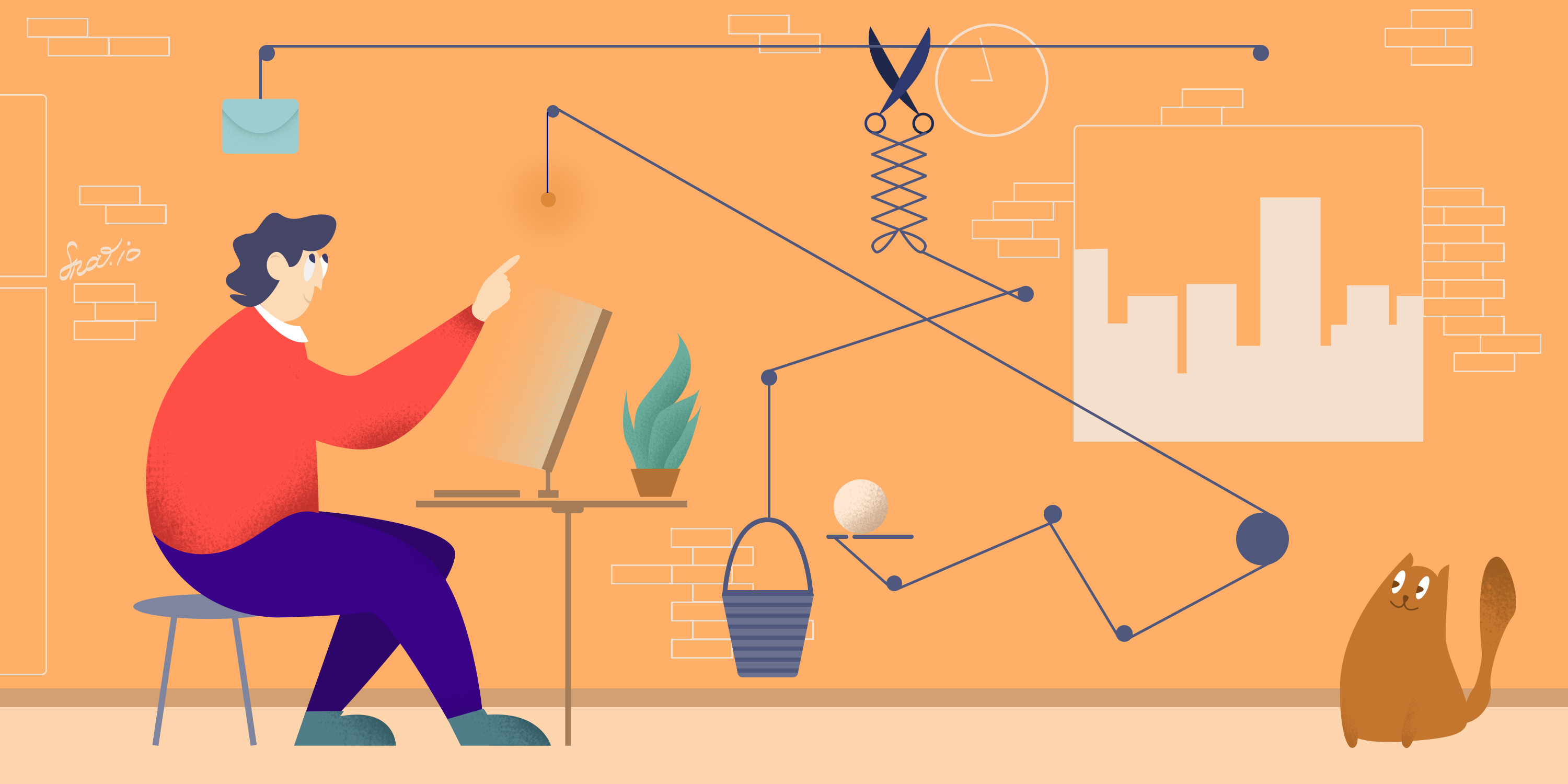Exploring Stylish Backyard Borders
When it comes to enhancing the aesthetics of your outdoor space, stylish backyard border designs play a pivotal role. From defining garden beds to creating visual interest along pathways, borders add a touch of sophistication and charm to any landscape. Let’s delve into some creative design inspirations that will elevate the look of your backyard borders and transform your outdoor oasis into a stylish retreat.
Embracing Natural Elements
One of the timeless trends in backyard border design is the use of natural elements to create organic and visually appealing borders. Incorporating materials such as stone, gravel, wood, or even plants themselves can add a rustic charm and a sense of harmony with the surrounding landscape. Consider using irregularly shaped stones to create a meandering border along garden beds or lining pathways with gravel for a relaxed and informal look.
Playing with Shapes and Patterns
Borders offer an opportunity to infuse your outdoor space with creativity and personality by playing with shapes and patterns. Experiment with geometric shapes such as squares, rectangles, or circles to create visually striking borders that draw the eye and add architectural interest to your landscape. Additionally, consider incorporating patterns such as chevron, herringbone, or lattice for a modern and stylish touch that complements your overall design aesthetic.
Mixing Materials for Texture
Adding texture to your backyard borders can enhance visual interest and create depth in your landscape design. Mix and match different materials such as stone, brick, concrete, or even recycled materials like glass or metal to create dynamic and visually engaging borders. Experiment with different textures, finishes, and colors to create a unique border that reflects your personal style and complements the rest of your outdoor space.
Layering Plants for Visual Impact
Plants are a versatile and dynamic way to create borders in your backyard landscape. Experiment with layering different types of plants, including perennials, annuals, shrubs, and ornamental grasses, to create borders that are both beautiful and functional. Choose plants with varying heights, colors, and textures to add visual interest and create a sense of depth in your landscape. Additionally, consider incorporating edibles such as herbs, vegetables, or fruit trees for a practical and sustainable border solution.
Incorporating Edging for Definition
Edging is an essential element of backyard border design that provides definition and structure to your outdoor space. Whether it’s a simple trench, metal or plastic edging, or decorative pavers, incorporating edging along your borders helps to create clean lines and prevent the encroachment of grass or weeds into your garden beds. Additionally, edging adds a polished and finished look to your landscape design, making your backyard borders appear more intentional and well-maintained.
Creating Focal Points with Accents
Integrating focal points and accents into your backyard borders can add visual interest and create points of visual interest throughout your outdoor space. Consider adding focal points such as sculptures, water features, or architectural elements like trellises, arbors, or pergolas to create focal points that draw the eye and serve as






![Everything You Need to Know Hermes’ [Bag Name] Everything You Need to Know Hermes’ [Bag Name]](https://images.unsplash.com/photo-1507666664345-c49223375e33?fm=jpg&q=60&w=3000&ixlib=rb-4.0.3&ixid=M3wxMjA3fDB8MHxzZWFyY2h8MTN8fGhlcm1lcyUyMHBhcmlzJTIwYmFnfGVufDB8MHwwfHx8Mg%3D%3D)




